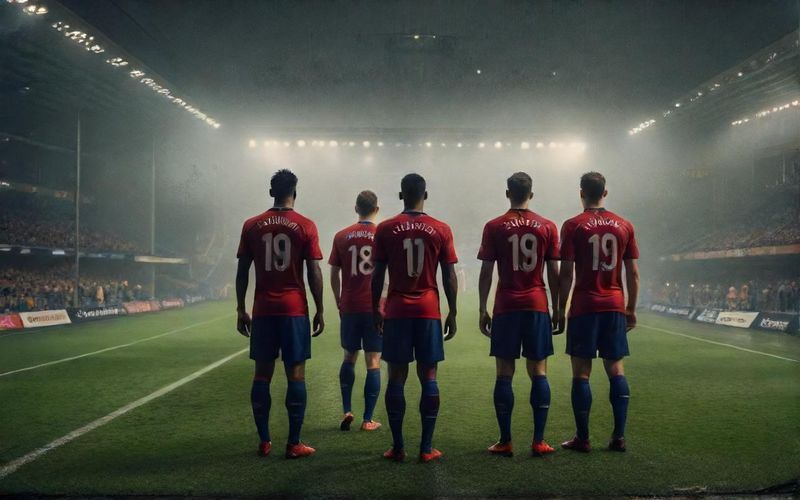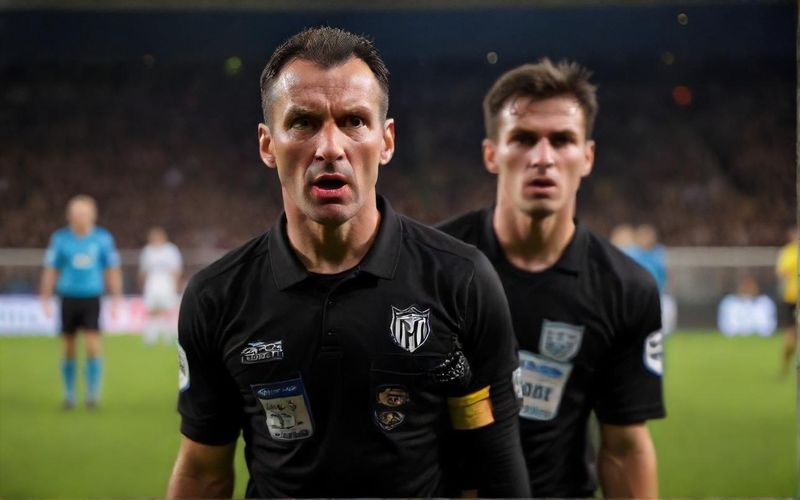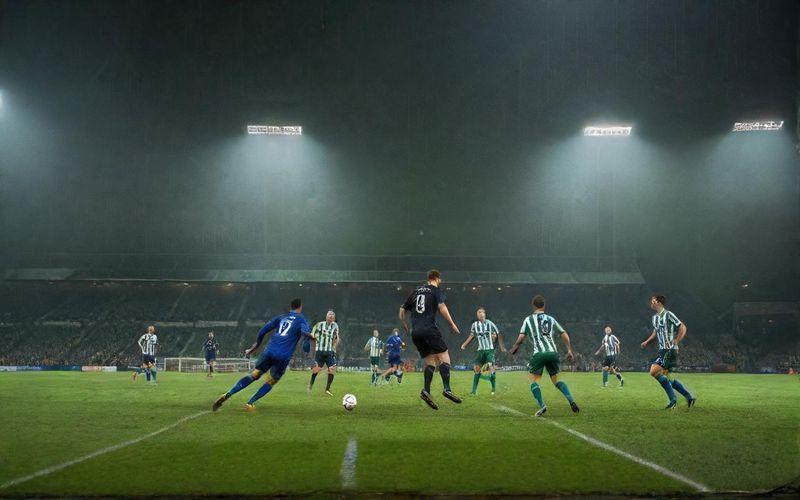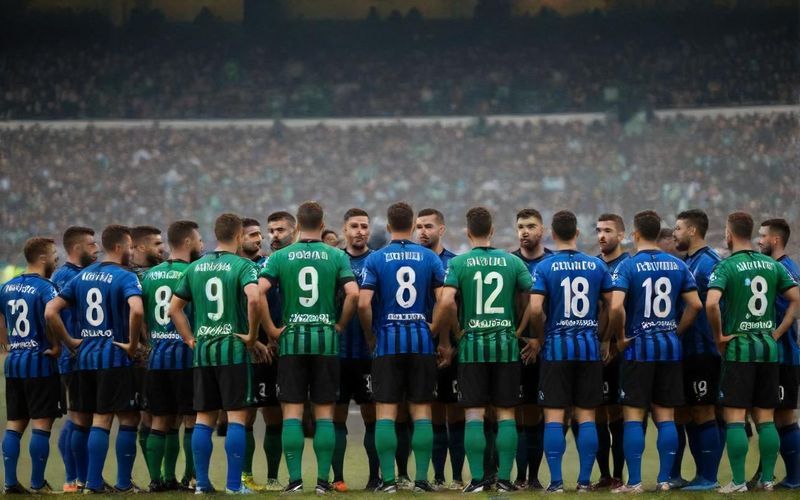Cardiff's defensive lapse: Barry Murphy seeks solutions
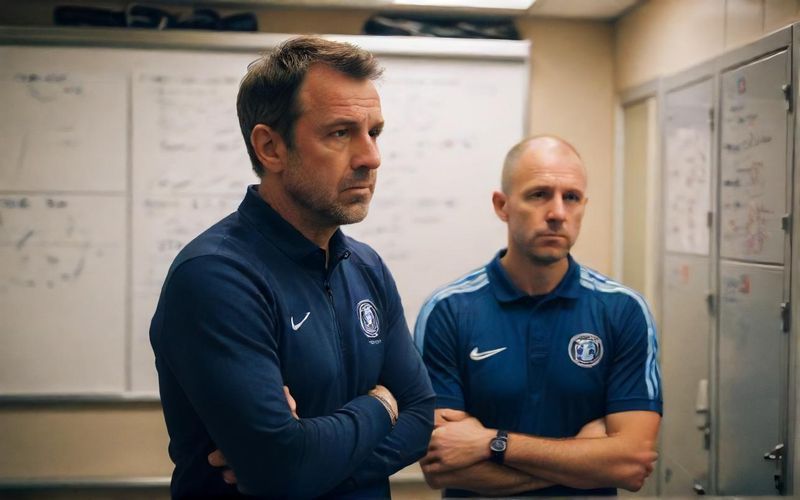
Watching the match unfold, it’s clear Cardiff found themselves on the wrong end of a dynamic encounter. Blackpool, under their new head coach, came out with a palpable energy, particularly in those opening minutes. You could see the intent, the desire to build on their momentum, and for a while, it felt like Cardiff was weathering a genuine storm. The early pressure, the near misses, the saves from their goalkeeper – these are all hallmarks of a team fighting tooth and nail. And then, in the second half, the tide seemed to turn, not necessarily in possession, but in the clinicality of finishing, a stark contrast to the chances Cardiff themselves couldn't convert.
Ashley Fletcher's brace, a testament to his current form and Blackpool's ability to exploit moments, was the killer blow. It’s one thing to be outplayed, but it’s another to be undone by a string of defensive lapses and a forward hitting a purple patch. You can see the frustration in the words of their manager, Brian Barry-Murphy, who voiced his disappointment with the manner of the defeat. He acknowledged the team's attacking prowess but was equally firm in his assessment of their defensive shortcomings. The admission that they “weren’t disciplined a team in defence as we are in attack” cuts to the core of the issue. It suggests a disconnect, a failure to translate their offensive swagger into defensive resilience, a common pitfall for teams that prioritize attacking flair.
The statistics paint a picture of a team that, despite the result, started the season on a promising note, enjoying their best league start in years. This makes the current dip even more perplexing and, perhaps, more damaging. It’s like hitting a pothole when you’re cruising at speed; the jolt is more severe because you weren’t expecting it. The missed chances in the first half, the chances that, had they been converted, might have changed the entire complexion of the game, are now the haunting ghosts of what could have been. This is where the real analysis begins, beyond the superficial – how do you bottle that early attacking intensity and channel it into defensive solidity when the pressure mounts?
Brian Barry-Murphy’s commitment to learning from this experience is encouraging. He speaks of swallowing the disappointment, feeling the pain, and coming back stronger. This isn't just platitudes; it's the language of resilience. The focus on discipline, on learning quickly from the mistakes that led to the third goal, is crucial. In the chaotic world of football, these moments of clarity, these instances where a team truly confronts its flaws, are often the bedrock of future success. The mention of the supporters, the unwavering backing they provided, adds another layer of emotional weight. It’s a reminder that beyond the players and coaches, there’s a community invested in the outcome, and their disappointment is a shared one.
As Cardiff City prepares to navigate a busy fixture schedule following the international break, the question isn't just about winning matches, but about how they evolve from this experience. Will they simply chalk it up as a bad day at the office, or will they fundamentally alter their approach to ensure such defensive frailties are not repeated? The trending topic surrounding brian barry murphy and his team's performance highlights the scrutiny they are under, but also the potential for a significant turning point. Can Cardiff City emerge from this sting not just as a team that lost, but as a team that learned to win more comprehensively, by mastering both sides of the game?
